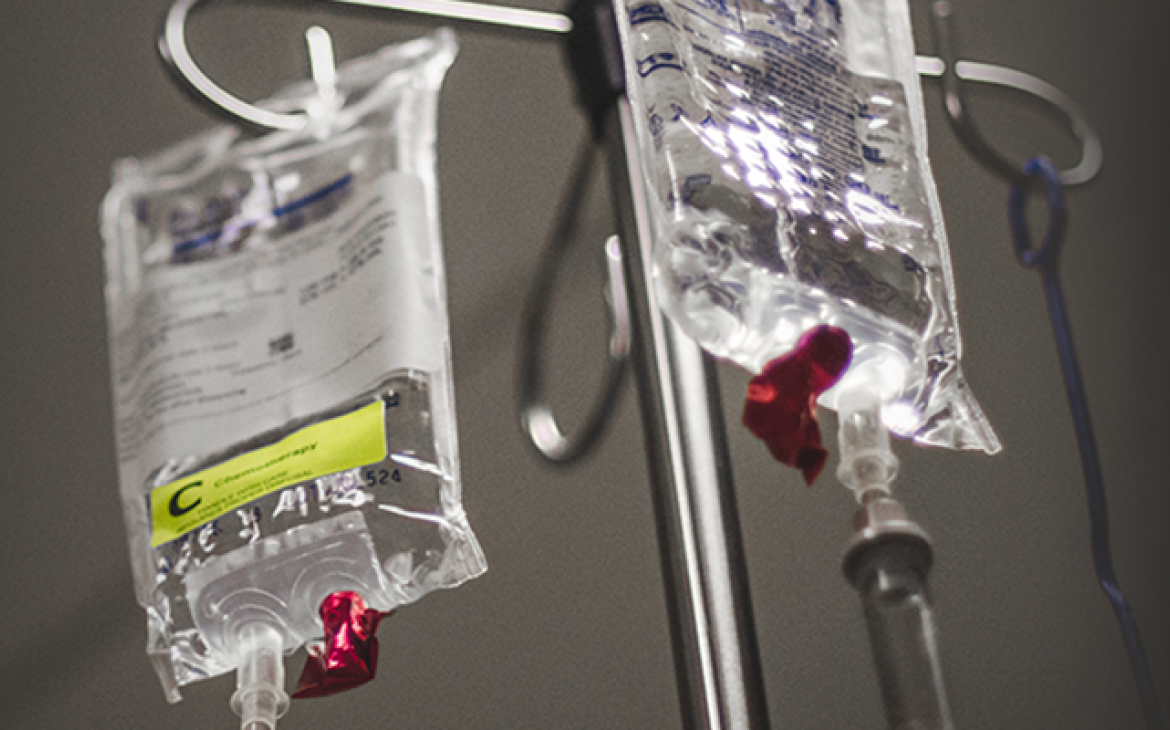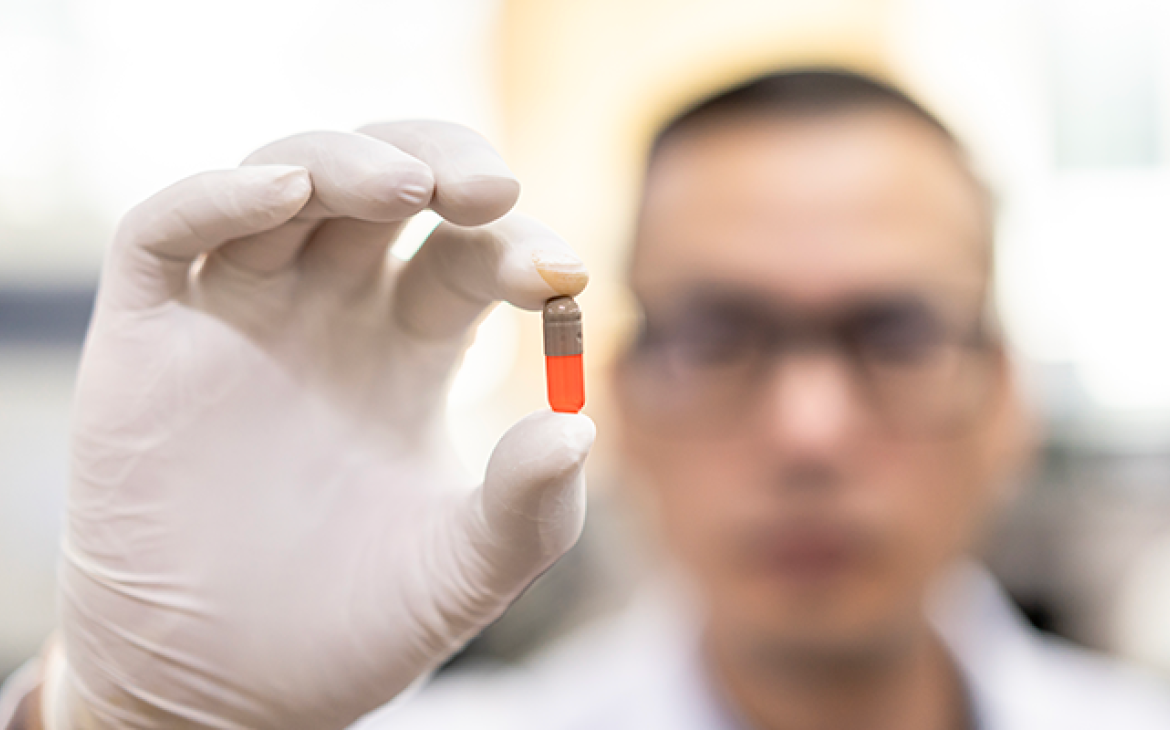
Proper storage and transportation of finished drug products is critical to activities in an integrated supply chain. To maintain the original quality, every party involved in the storage and transportation of a finished product should understand the risks associated with storage and transportation and have appropriate mitigation strategies in place to control these risks.
In 2022, United States Pharmacopeia (USP) Latin America (LATAM), in partnership with Sindusfarma (Pharmaceutical Products Industry Companies Union) and ACFB (Brazilian Academy of Pharmaceutical Sciences) - two important stakeholders from Brazil – organized a workshop on Good Distribution Practices of finished drug products (GDP). This event was an opportunity to share more about USP’s resources related to this topic, including the General Chapter 〈1079〉 Risks and Mitigation Strategies for the Storage and Transportation of Finished Drug Products and 〈1079.2〉 Mean Kinetic Temperature in the Evaluation of Temperature Excursions During Storage and Transportation of Drug Products. The event also included a presentation of the regulatory framework on GDP (ANVISA Resolution RDC No. 430/2020), calculation of Mean Kinetic Temperature (MKT) in different regions of Brazil, and a study on lane monitoring (developed to attend ANVISA’s regulation).
The concept of Mean Kinetic Temperature (MKT) and its applicability were points of great interest at the event. MKT is a way to summarize the time history of a product’s temperature exposure with a single “effective” or “virtual” temperature. It is defined as the single calculated temperature at which the total amount of degradation over a particular period is equal to the sum of the individual degradations that would occur at various temperatures. MKT integrates the time–temperature history by making assumptions about the kinetics of a product’s chemical degradation.
Over 800 participants joined the workshop, including regulators, Brazilian Trade Associations representing drug manufacturers, distributors and transporters, and regulatory affairs professionals. All took an active part in the discussion through the Question & Answer (Q&A) Session and posed some important insights which led USP LATAM to look deeper into the MKT knowledge, and gaps around temperature excursion limits for climate zone IVb. See the report of this workshop here, and here (Portuguese version), and the recording here.
Considering that the proper implementation of good distribution practices can strengthen supply chain resilience in the region, USP is planning a series of activities that encompass education programs and webinars in response to the insights shared by our community.
USP LATAM will offer additional learning and exchanging opportunities focusing on the <1079> family of chapters that covers the following topics:
- Risks and mitigation strategies for the storage and transportation of finished drug products
- Mean Kinetic Temperature in the evaluation of temperature excursions during storage and transportation of medicines and allowable excursion limits
- Temperature mapping for the qualification of storage areas
- Transportation qualification (lane mapping)
- USP General Chapter <1118> Monitoring Devices – Time, Temperature and Humidity
- USP General Chapter <1079.1> Storage and Transportation of Investigational Drug Products
For more information, please contact: luciana.takara@usp.org.


